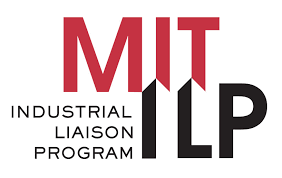 09 January 2012, Sweetcrude, LAGOS – The Lagos Chamber of Commerce and Industry (LCCI) is lamenting the adverse effects of the Nigerian government’s deregulation of the country’s downstream petroleum sector and the resulting hike in the price of petrol.
09 January 2012, Sweetcrude, LAGOS – The Lagos Chamber of Commerce and Industry (LCCI) is lamenting the adverse effects of the Nigerian government’s deregulation of the country’s downstream petroleum sector and the resulting hike in the price of petrol.
The group said the new policy has caused fresh inflationary pressures resulting from sharp increases in transportation cost. It has also inflicted high inflationary expectations across all sectors of the economy and a devastating impact on the psyche of the common people, posing serious risk to their survival.
In a statement in Lagos, LCCI said the policy would also lead to sharp increases in operating costs of micro and small enterprises, many of which rely on small electricity generators powered by petrol.
But, it added that if well implemented, the policy would benefit the economy and the citizens, in the medium to long term, bringing about increased private investment in the downstream oil sector with a corresponding impact on the creation of quality jobs.
Other benefits, the body said, include reduction in the pressures on foreign reserves, a huge chunk of which is currently being used to fund fuel importation and a better fiscal space to ensure macroeconomic stability with a resultant positive effect on the economy.
The Chamber noted that options available to the government in the current circumstances are limited but stressed that given the prevalent poverty and high rate of unemployment in the country, government needs to demonstrate its sensitivity and concern to the plight of the ordinary Nigerians by focusing urgently on the acceleration of the delivery of palliatives to cushion the adverse outcomes of the subsidy removal.
It urged that “governance structure should be more cost-effective and corruption must be more effectively tackled,” adding that government must ensure an effective regulatory framework to protect the citizens from exploitation by petroleum products marketers and ensure quality assurance and accelerate implementation of power sector improvement programmes to reduce reliance on petroleum products as principal sources of energy in the economy.



